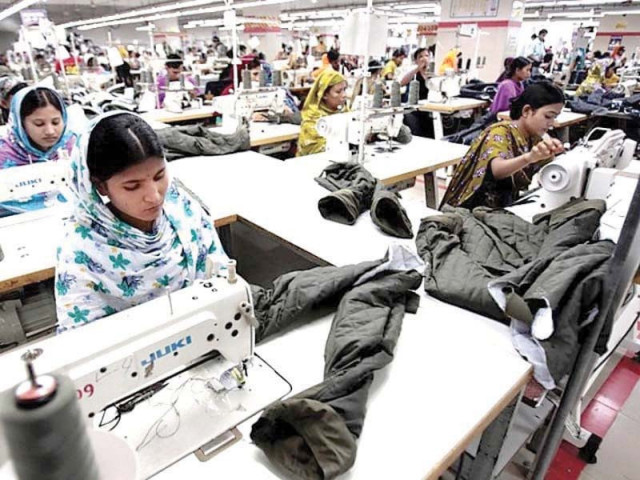APTMA demands competitive tariffs
Says uncompetitive power, gas rates, and arbitrary policies driving de-industrialisation and job losses

The All Pakistan Textile Mills Association (APTMA) has voiced serious concern over soaring energy tariffs, saying they are eroding Pakistan's industrial viability and export competitiveness. According to a statement issued on Tuesday, the failure to ensure regionally competitive energy pricing is stalling economic recovery, discouraging investment, and fuelling de-industrialisation.
Addressing a press conference at APTMA House, Lahore, Chairman Kamran Arshad, accompanied by North Zone Chairman Asad Shafi and leading textile exporters, said industrial power tariffs were supposed to be rationalised below nine cents per kilowatt-hour (kWh) by April 2025. Instead, they have increased from 10.4 cents in May 2025 to 11.7 cents in September, with further hikes expected.
Industrial users in Pakistan now pay nearly double the rates in competing economies such as India, Bangladesh, China, and Vietnam. Arshad said recent policy decisions, especially the arbitrary levy on gas for captive power and the forced grid transition, had worsened the crisis.
He explained that many industries running high efficiency combined heat and power (CHP) plants were forced to shut down or face unreliable and costly grid connections. The shift has also disrupted the gas sector. The artificially created RLNG surplus, caused by industrial demand destruction, is being diverted to domestic consumers at an $8 per MMBtu subsidy while industry pays $16 per MMBtu. The result is declining local gas output, mounting circular debt, now over Rs2.6 trillion, and halted exploration activity, with no bids for 22 of 23 oil and gas blocks.
Arshad also criticised the Federal Board of Revenue (FBR) for harassment of exporters through raids, record seizures, and unlawful demands, urging it to focus on undocumented sectors instead of compliant firms.
APTMA said industrial electricity costs are inflated by cross-subsidies worth Rs130 billion a year. The actual cost of service is 8-9 cents per kWh, but industries are charged far more to sustain what it called an "untenable subsidy regime." Asad Shafi said the Competitive Trading Bilateral Contract Market (CTBCM) framework is impractical, with a wheeling charge of Rs12.55 per kWh and an 800MW cap restricting access to cheaper bilateral power.
APTMA warned that persistently high energy tariffs are reflected in Pakistan's stagnant exports, weak industrial activity, and lack of new investment. The association urged the government to honour its commitment to regionally competitive energy pricing, saying affordable power and gas are essential for jobs, investment, and exports to recover.






1710175205-0/image-(9)1710175205-0-208x130.webp)














COMMENTS
Comments are moderated and generally will be posted if they are on-topic and not abusive.
For more information, please see our Comments FAQ